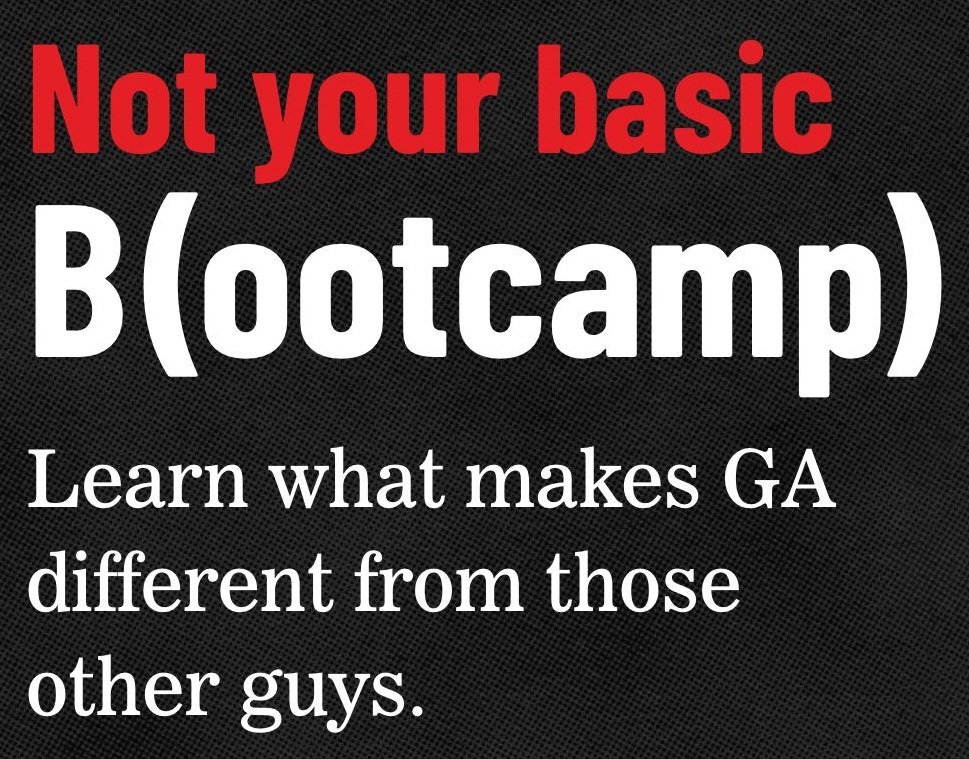THE LATEST TECH WORKFORCE TRENDS. RIGHT HERE.
What’s trending now? We help you keep up. As the top name in tech training, we partner with top business leaders and other experts to stay ahead of what’s next – and help you stay up to speed.
NOT YOUR BASIC BOOTCAMP
At General Assembly, we’re not just another tech bootcamp. We’re the pioneers, the trailblazers, and the innovators of the tech education landscape.

LATEST POSTS

Article
August 29, 2024
Why Critical Thinking Is Essential for Your Personal and Professional Success

Article
August 29, 2024
CHAMPIONS OF GA, EPISODE 6: A NEW PUPPY, A NEW CAREER

Article
August 28, 2024
Explore Data Analyst Career Paths

Article
August 28, 2024
What Skills Do You Need To Become a Data Analyst?

Article
August 28, 2024
Train to Become a Data Analyst

Article
August 28, 2024
Data Analyst Career Path & Salary Guide
Previous page
